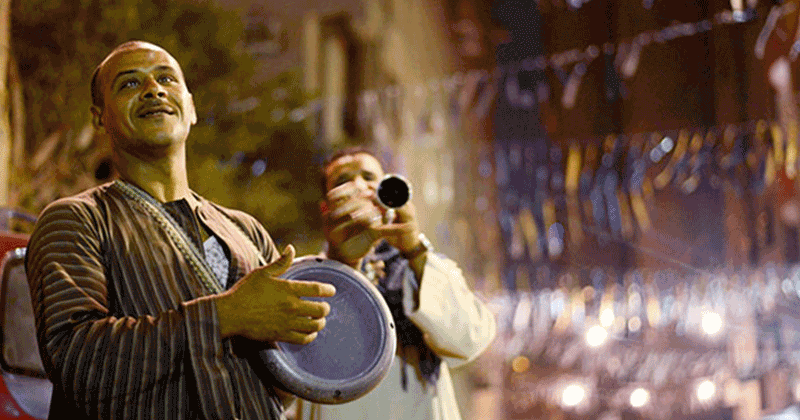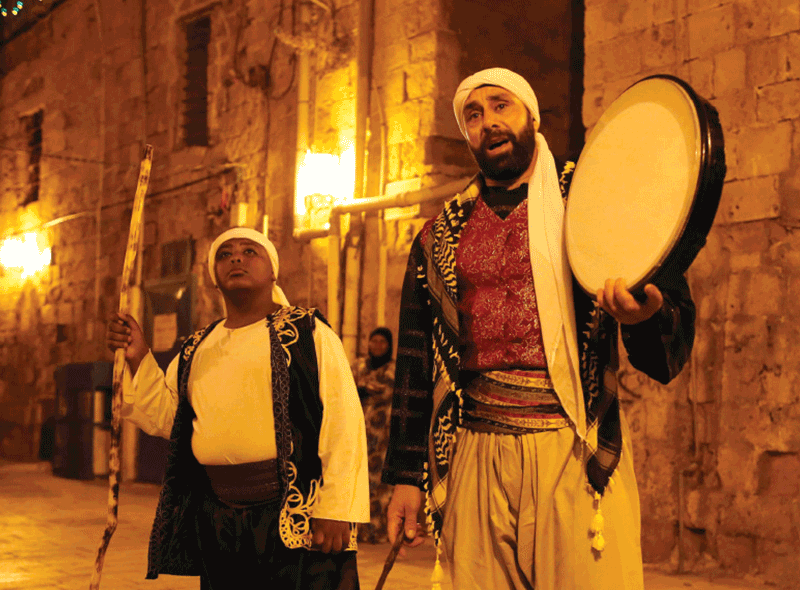
The Muslims look forward to the pre-dawn meal (Suhur) with great joy and anticipation. But the only downside that they might fall asleep.
And here is where a MESAHARATI comes is in.
The mesaharati is a public waker for suhur and dawn prayer during Ramadan. According to the history books, Bilal Ibn Rabah was the first mesaharati in Islamic history chosen by Prophet Muhammud (PBUH), as he used to roam the streets and roads throughout the night to wake people up.
The attributes every mesaharati should possess are physical fitness and good health because he is required to walk long distances every day. He should also have a loud voice and good lungs, as well as an ability to read poems. A mesaharati should supplicate God throughout the night to wake the sleepers.
The tradition is practised in countries such as Egypt, Syria, Sudan, Saudi Arabia, Jordan, Pakistan and Palestine. However, there has been a gradual disappearance of the mesaharati due to several factors, including Muslims staying up later; using technology such as alarms clocks to awake for suhur, and louder and larger homes and cities that make the voice of the mesaharati harder to hear.
But some mesaharati are still in business in parts of the Middle East and North Africa.
CHRISTAN MESAHARATI FOR THE MUSLIMS
The Muslim residents of Israel’s Acre have a unique mesaharati for their Ramadan.
The 39-year-old Michel Ayoub is a Christain who wakes up his Muslim brethren during the Holy Month with a tambourine in hand.
“We are the same family,” says Ayoub, who wears a traditional Levantine dress as he meanders the alleyways, a keffiyeh draped over his shoulders, baggy sirwal pants held around his waist with an embroidered belt, a black-and-white turban tied around his head.
“There is only one God and there is no difference between Christians and Muslims.”
His voice rings out as he chants, piercing the silence of the empty streets decorated with traditional colourful lamps for Ramadan.
“You, sleeping ones, there is one eternal God,” he chants.
Most of the city’s Arabs are Muslims, but a minority, like Ayoub, are Christians.
The mesaharati tradition had disappeared from Acre until Ayoub, who usually works in construction, revived it 13 years ago. He says it was his way to preserve his grandfather’s heritage.
He says his grandfather, a fervent Catholic, listened to readings of the Quran every Friday during the main weekly Muslim prayers.
Partly for that reason, Ayoub says he grew up with the idea of coexistence, respect and knowledge of other religions.
By carrying on the mesaharati tradition, he says he was “only doing my duty by helping our Muslim brothers who endure hunger and thirst” during the fasting month.
Ayoub may even be grooming a successor to ensure the tradition does not end with him.

Ahmed al-Rihawi, 12, accompanies him on his nighttime mission, wearing sirwal pants, a black vest and a turban.
“He is a promising mesaharati,” Ayoub says. “He is very talented.”

Post Your Comments